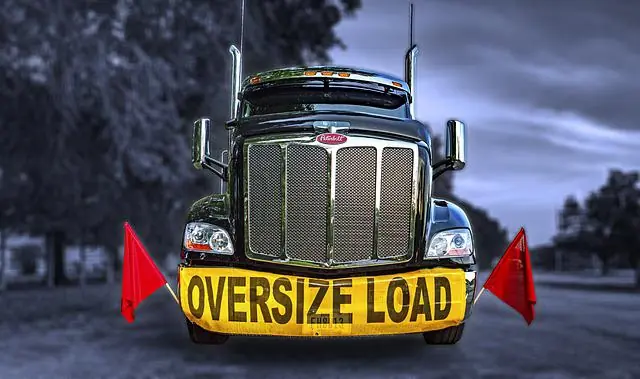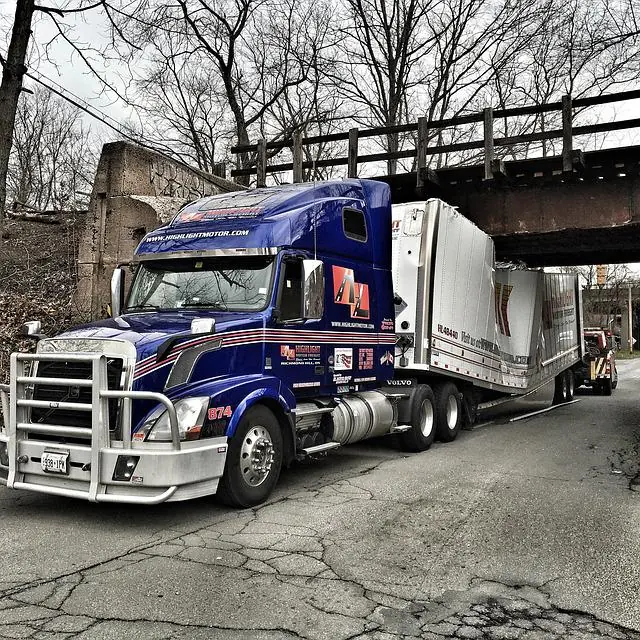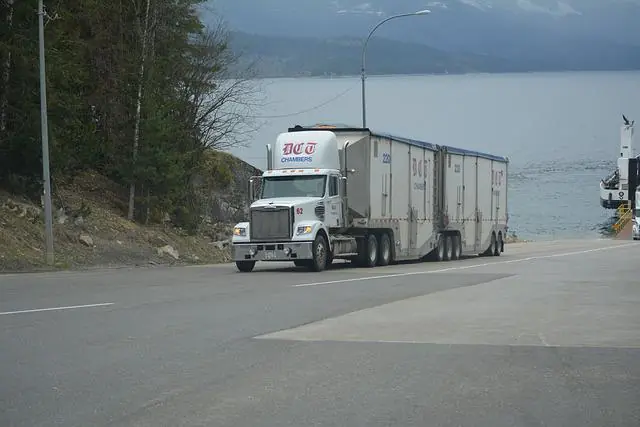
Commercial Truck Tire Problems and Accident Liability
Determining Why Big Rig Tire Problems Occur and Who May Be Responsible One of the more common sights on our highways is the long, twisted…


Determining Why Big Rig Tire Problems Occur and Who May Be Responsible One of the more common sights on our highways is the long, twisted…

Cell Phones and 40-Ton Vehicles Combine for a Serious Danger from Distracted Truck Drivers Most states in the United States have some form of law…

Oversize and Overweight Vehicles Must Follow Numerous Specific Rules for Safety Truck size limitations in the United States are generally specified in federal regulations, especially…

How the Law, the People, and the Issues Make Truck Accident Lawsuits Different Most adult Americans have at least some general idea what the process…

Experienced Commercial Carriers Make Litigating Truck Accidents a Business When the drivers of two passenger cars are involved in a traffic accident, it’s almost always…

How We Sleep and How Driving Practices Produce Tired Big Rig Drivers The study of sleep — making a science of it, rather than just…

A Problem We All Experience is a Serious Danger for Some Working while tired is a near universal experience, but truck driver fatigue is a…

Truck Driver Licensing Covers the Basics Commercial vehicles are typically large, heavy, and much more difficult to control than passenger vehicles. Some of this is…

Where and How Truck Driver Work Hour Limits Apply It has long been known that driver fatigue is a major factor in causing motor vehicle…